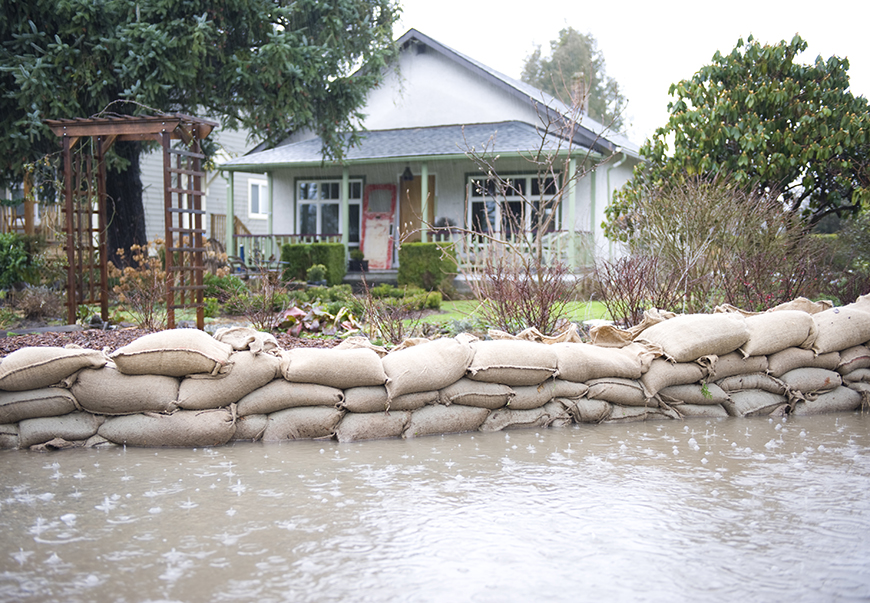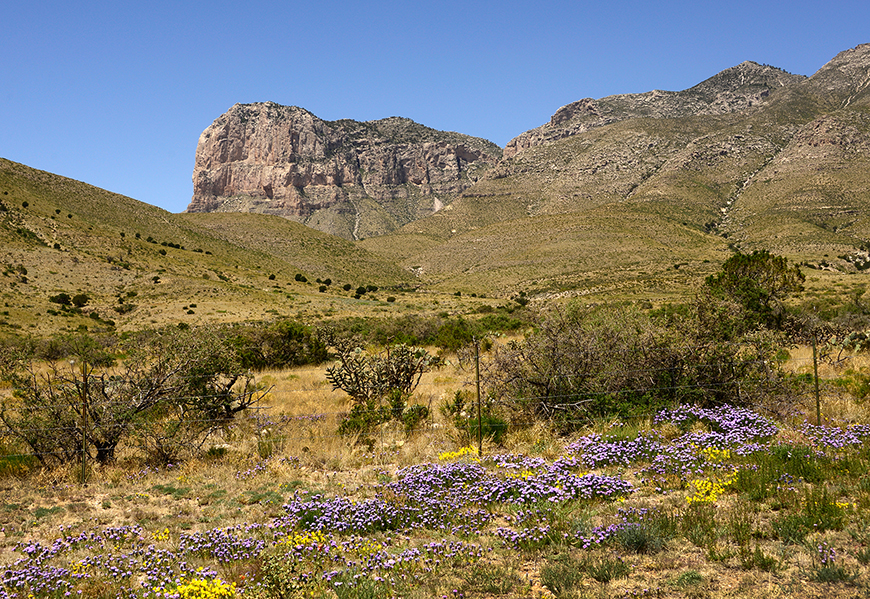Despite Rains, Many Texas Reservoirs Lower This Year Than Last
COLLEGE STATION (AgriLife Today) – The drought may have receded in much of Texas, but reservoir levels are, if anything, worse in many areas than they were a year ago, according to a Texas A&M AgriLife Extension Service expert.
"If we look at the major urban cities, particularly from the Metroplex down the Interstate 35 corridor, on down to San Antonio, it’s pretty dire," said Dr. Guy Fipps, AgriLife Extension irrigation engineer.
According to the Texas Water Development Board, monitored water supply reservoirs were about 65 percent full as of Feb. 17. But the number is misleading, Fipps said, because the average is skewed by many of the larger reservoirs in East Texas, such as the Jacksonville Reservoir, which is full.
"What we see out in East Texas, the reservoir levels are pretty good, but if we move to the central part of the state, we really have pretty low reservoir levels, and in some places, it’s even worse than it was last year," he said.
Cities will see continuing water-use restrictions, according to Fipps. As far as agricultural interests, it depends upon where they are, but many who depend upon river water will likely see recurring cutbacks in water allocations.
Some of the lowest reservoirs are those fed by the Rio Grande River, such as Amistad reservoir in Val Verde County at 62.6 percent full and Falcon Reservoir, southeast of Laredo at 33.8 percent, he said.
"This water (in both reservoirs) is shared between Texas and Mexico, and cities in Texas have priority over agriculture, so it looks like another bad year for Texas farmers and irrigation districts in the lower Rio Grande Basin," Fipps said. "And the Highland Lakes around Austin, they’re running really low, which also bodes really bad for downstream agricultural water users and even cities there in the Austin area, which will likely see continuing yard watering restrictions."
In This Article
You might also like

Publications
Receive our economic and housing reports and newsletters for free.







